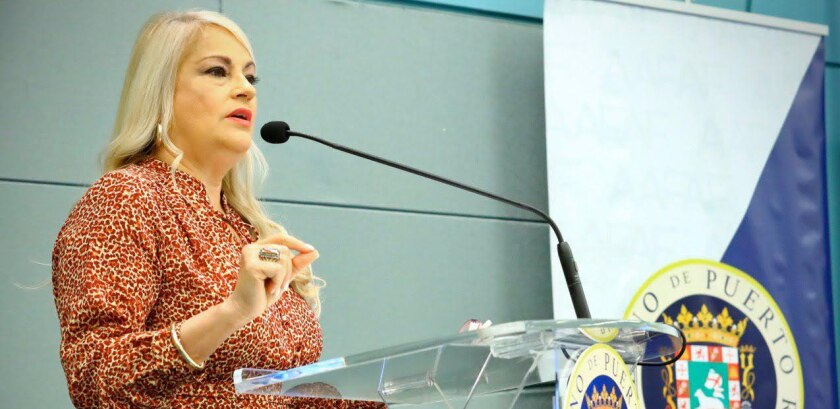The Puerto Rico Oversight Board announced it was approving the local government use $787 million to address the economic and health challenges raised by COVID-19.
The funds will be in addition to the $160 million from the Emergency Reserve Fund that the board released March 12.
On March 15, the governor ordered most business and government functions closed and people outside of those functions to stay at home outside of going to groceries, pharmacies, doctors, and banks.
“Guaranteeing social stability depends, in large part, on how we articulate an economic plan that allows us to respond effectively to this crisis, protecting our families and the productive sectors of Puerto Rico,” said Puerto Rico Gov. Wanda Vázquez Garced.
On Monday afternoon the board released a statement indicating its support of the governor’s measures, including authorizing the governor to spend $787 million. As of Feb. 18 the local government had $9.02 billion in its primary account. This was $1.05 billion more than the board in the middle of last year projected the government would have on the date. The board anticipates some of this account’s money will be used to pay bond debt in the future.
The governor set out a series of measures.
She said 134,200 central government employees would continue to be paid fully even though many are not working because of the governor’s order to stay at home. She was encouraging municipal governments to do the same for their 51,500 employees.
With regards to taxes, Vázquez Garced said she has directed the suspension of the collection of sales and use taxes at the docks and in the selling chain for the next three months. She has also ordered the suspension of the 10% withholding for professional services.
She ordered that road tolls not be collected during the emergency.
The governor also said her government would be distributing $500 to each self-employed worker. Small- and medium-sized businesses that have ceased operations during the crisis will get checks for $1,500.
Next, the governor said her government would send out bonuses of up to $4,000 to all the island’s nurses, up to $2,500 for all its health technicians. This is expected to cost up to $187 million. Additionally, the government will send out bonuses of up to $4,000 to emergency medical response personnel, up to $3,500 to police, firefighters, and correctional officers, costing the government up to $50 million.
To promote online education, the governor approved $240 million to purchase tablets, software, and training for 325,000 teachers, students, and supervisors in the Department of Education.
The governor said with board approval the government would increase unemployment benefits starting in July. The local government will also work with the federal government to extend the benefits to self-employed people.
Finally, the governor said that local banks and financial cooperatives had agreed to a 90-day moratorium on the payment of mortgages, cars, personal loans, commercial loans, and credit card payments. To receive the moratoriums, people will have to request them.
According to the governor, “this would be one of the most comprehensive and ambitious packages that has been awarded to deal with the [COVID-19] crisis.” She said that California announced a $500 million package and Washington State announced a $200 million package.
Vázquez Garced said that that she was considering other measures to help the economy and, in particular, the tourism industry.

